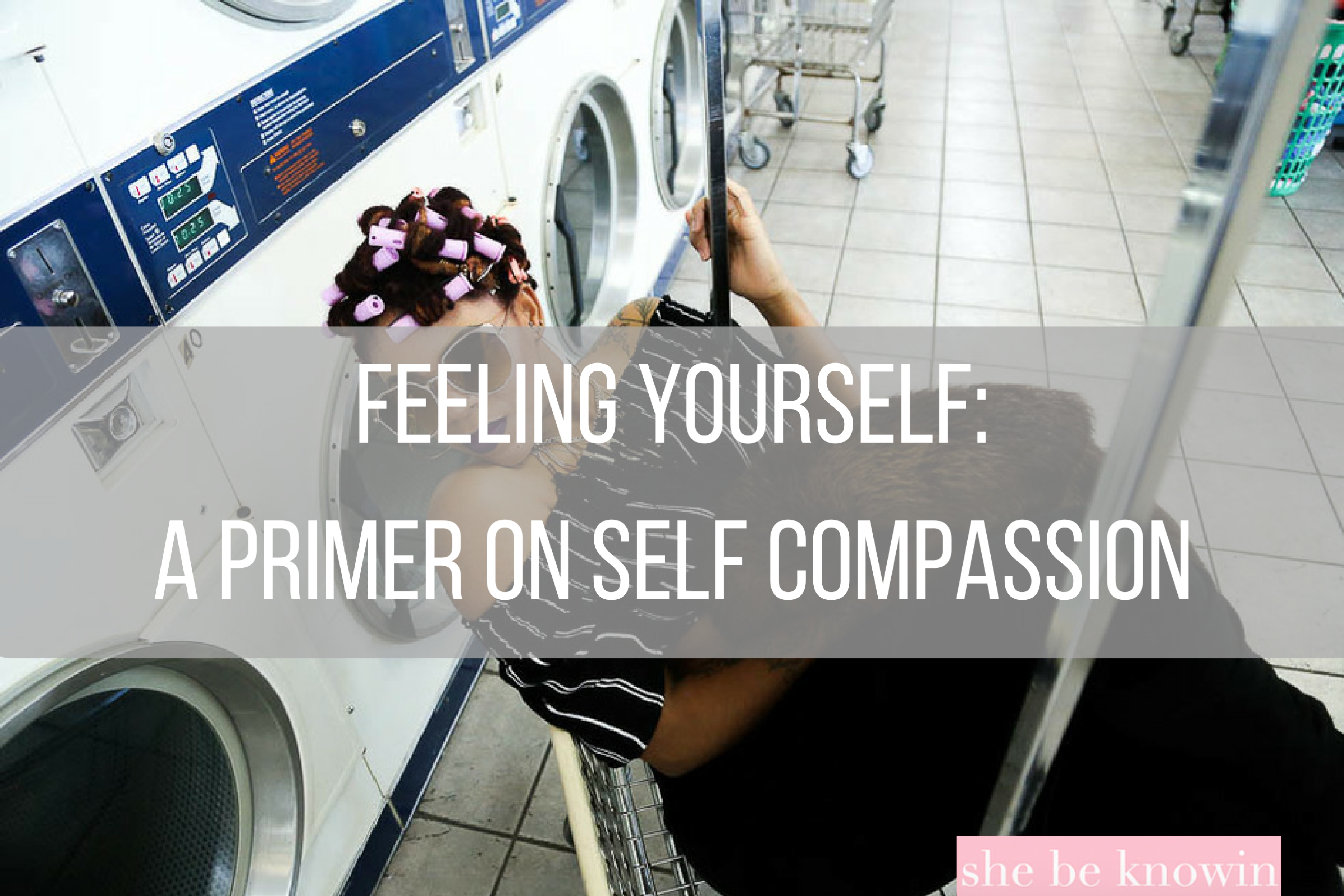At the end of last month, I turned 29. Right before, I began a period of self-reflection where I mentally mapped what I felt was lacking and viable paths to help me absolve these problem areas. Spoiler alert, there is a lot and I regularly oscillate between feeling defeated by shortcomings and being hopeful that I am able to transcend beyond them. So much so that I made a mantra/affirmation that stands to be my lifesaver in the choppy waters of my feelings. I regularly have to say this, and I welcome you to borrow it if you need it too.
At this moment, I am equipped with everything that I need to be the person I am meant to be.
Essentially, I am me. I will always be me. I will never be the person that delights in tidying up but I can create systems that use my strengths to accomplish at least a modicum of clutter-less living (Not to be confused with clutterless. Just less clutter). Have I figured these systems yet? Absolutely not. But I have realized at the base level, I need to be more compassionate with myself in order to navigate my aspirations and future failures in a progressive way.
Two unlikely things helped me realize this. One, I started reading You Are a Badass: How to Stop Doubting Your Greatness and Start Living an Awesome Life by Jen Sincero (Amazon). This book is broken up into quick chapters filled with nuggets on how to block out life’s greatest haters (including one that is unconscious but strong moving part of you) and tap into your greater potential. My neighbor brought it up and let me borrow her book. Definitely going to have to order my own copy. Two, I was at Walgreens pharmacy paying outrageous prices for my life source AKA insulin and I saw a free WebMD magazine about diabetes. They reeled me in with low carb lunch ideas (I really struggle with figuring out what to eat most days) but it was a short 10-15 pages of content so I checked out the rest of the blurbs. One thing I did read was there was a study that showed that diabetics who committed to daily self-compassionate meditations reported less stress, depression and steadier blood sugar levels. Because diabetes is a congestive disease and everything is tied into together. But even for normal people, I think stress and depression affect our ability to function as we should.
But what really caught me was the term “self-compassionate meditation”. Partially because normal meditation can be a snooze and partially because I really really need to learn to be nice to myself. So, naturally, I took to Google to find out what self-compassion is, like the scholarly millennial I am. I happened on a helpful website from Dr. Kristen Neff (way to go you SEO guru, you) that gave me a working definition of self-compassion and sample guided meditations that you can download and use later.
But, What is Self-Compassion?
She broke self-compassion into three things:
- Self-kindness vs. Self-judgment
- Common humanity vs. Isolation
- Mindfulness vs. Over-identification
I welcome you to read her website for her eloquent explanation, but essentially self-compassion is the emotionally balanced practice of being kind and forgiving to yourself in the light of the fact that failure and shortfalls are a natural part of the human condition.
Tips for Practicing Self-Compassion
When we begin to be intentional in loving ourselves, we can begin towards a path of positive progression despite a plethora of setbacks. As your friendly Knowin person, I have a few tips to help us all boost our self-compassion.
- Post-It Love – Whether it’s fact or affirmation (which is just a fact that is coming to fruition), place positive words or statements about you where you can see it. Whether it’s on your bathroom mirror or somewhere in eyesight of the bed, put it somewhere you can see it frequently.
- Self-Compassionate Meditation – I personally use Insight Timer, a free app with thousands of guided meditations on any given topic. I recently found one that was about 4 minutes long (Five Minutes of Self-Compassion by Lisa Abramson), which is perfect for me as my attention limit for meditation is about 5 minutes.
- Dr. Neff’s Self Compassionate Exercise – It’s five exercises. Buy a journal, write out your feels. It’ll be great.
- Counter Your Criticisms – Anytime you catch yourself criticizing yourself, counter it with a positive fact. For instance, “It’s been three weeks and I haven’t lost any weight.” can be countered with “After three weeks, my time to a mile has decreased by 10 minutes.” or “I have lost X inches, and my clothes are starting to look looser.”
These are just a few tips, but it will get you on your way being nice to yourself and kicking butt. Do you have any tips for practicing self-compassion? Share in the comments!



